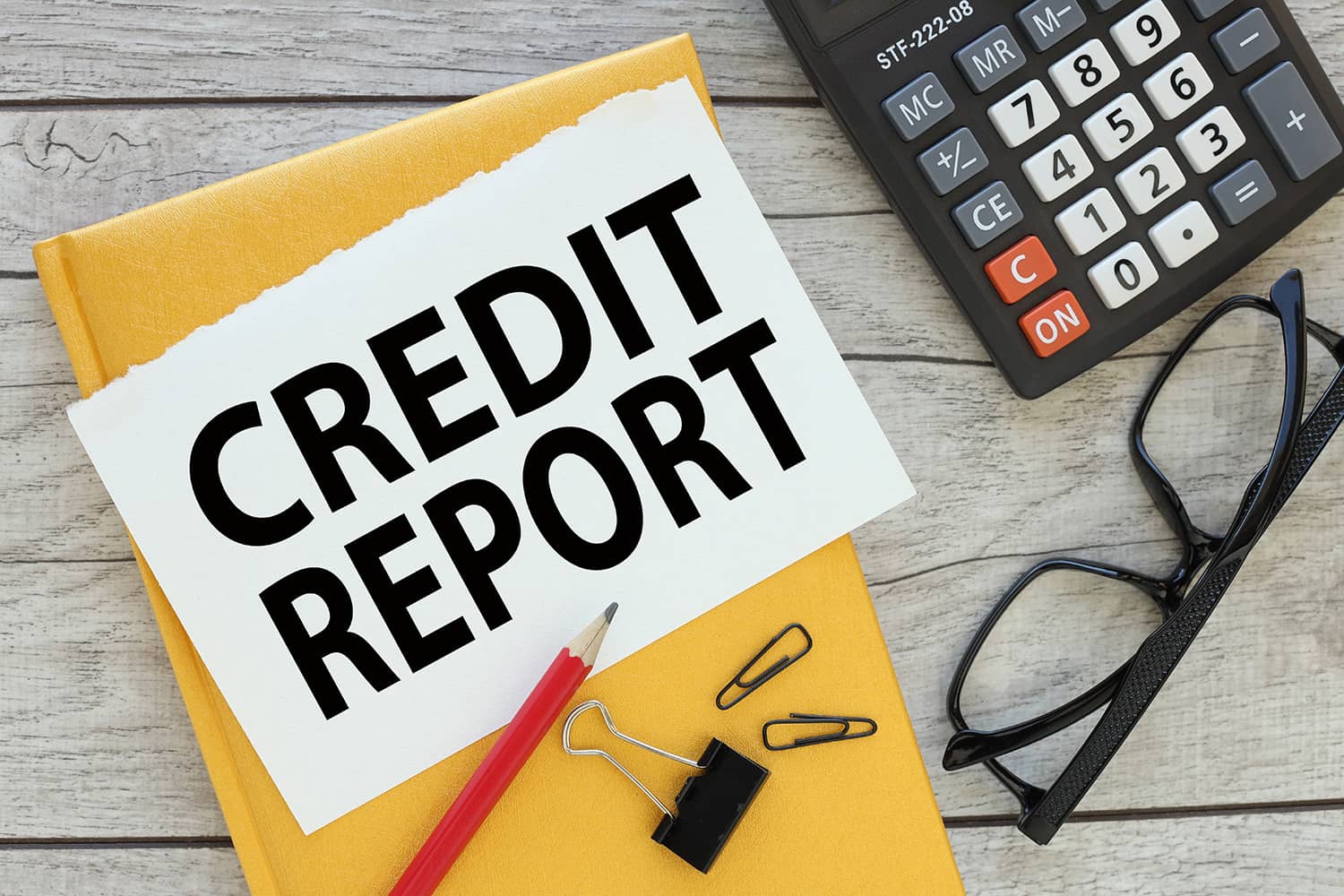
14 Aug Guide To Understanding Your Credit Report
Your credit report is a detailed record of your borrowing history, showcasing your payment patterns, outstanding debts and more. It’s not just a document. It’s a key factor in your financial health, influencing your ability to secure loans, rent properties and even get certain jobs. Knowing how to read a credit report is essential, as errors can lead to significant issues. Thankfully, the Fair Credit Reporting Act (FCRA) offers protection against inaccuracies.
Understanding your rights under the FCRA is vital, especially if there are mistakes. Maybe you’re here because you’re already facing such issues. Let’s dive deeper into understanding your credit report and what to look for during your review.
How to Access & Read Your Credit Report
Accessing your credit report is straightforward. You are entitled to one free report weekly from each of the three major credit bureaus: Equifax, Experian and TransUnion. Visit AnnualCreditReport.com to request your reports. Understanding a credit report can be more complicated than accessing it.
When you receive your report, start by checking your personal information for accuracy. Next, review the credit accounts section, which lists your credit history, including loans, credit cards and payment history. Pay special attention to any late payments or defaults, as these can negatively impact your credit score. The inquiry section shows who has accessed your credit report, and public records list any bankruptcies or court judgments.
Reading your credit report involves understanding various terms and sections. Your credit report includes account information, such as the type of credit, the date it was opened, the loan amount or credit limit and the balance owed. Discrepancies, like accounts you didn’t open or late payments you didn’t miss, can signal errors or identity theft. It’s essential to identify any inaccuracies promptly to maintain an accurate credit report.
Why Understanding Your Credit Report Matters
Understanding your credit score and how it is compiled offers numerous insights that can help you manage your finances and make informed decisions about your spending and borrowing behavior. Knowing how to read credit scores allows you to see the factors that influence your credit score, such as payment history, credit utilization and the length of your credit history. These elements are crucial if you’re looking to maintain a good credit score.
Your credit report can reveal patterns in your financial habits that might need adjustment. Regularly reading your credit report is essential to catching potential identity theft and fraud early, preventing significant damage to your financial health. Knowing how to understand a credit report allows you to verify that your financial profile remains accurate and secure, empowering you to make better financial decisions.
We’re Here to Help
Having experts in your corner is crucial, especially when facing legal situations regarding personal credit. The team at Stein Saks, PLLC has years of experience defending individuals in cases involving unfair credit reporting errors. Our dedicated professionals understand the complexities of credit reports and are committed to protecting your rights. If you believe there’s been a mistake on your credit report or you are a victim of creditor abuse, contact us so we can help you.


Sorry, the comment form is closed at this time.